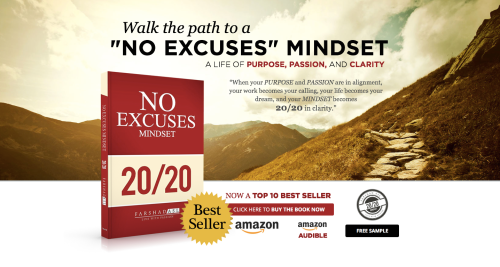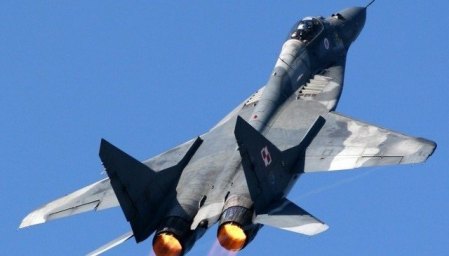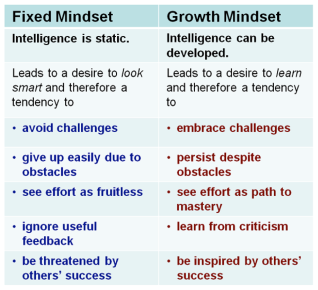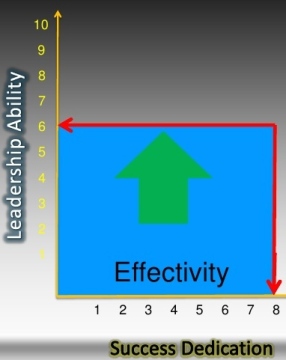
“What light is to the eyes – what air is to the lungs – what love is to the heart, liberty is to the soul of man.”
-Robert Green Ingersoll
Freedom: the power of self-determination attributed to the will; the quality of being independent of fate or necessity. The power or right to act, speak, or think as one wants without hindrance or restraint.
I was born and raised in Iran, a beautiful country rich in culture, history and tradition. I have been engrained with invaluable memories, lessons, and morals. Iran was once a country that thrived in its freedom. Nevertheless, due to a lack in proper leadership, freedom was not the priority of my time. Politics and power thrived at the cost of freedom. The freedom of the Iranian people was not protected or fought for by its leaders. This resulted in the diminishment of freedom and its blessings in Iran. As a result of these circumstances, the value and power I recognize and utilize in freedom, as a leader has been fundamental in my life.
When I came to the United States, I had discovered two types of freedom, external freedom and internal freedom. External freedom is freedom from political, social, or cultural restrictions. Internal freedom is freedom from personal, mental and emotional constraints. While I was in Iran, I was thirsty for external freedom. Living in this country, I have been blessed with every external freedom I could have ever imagined. I had soon realized that external freedoms were in abundance in this country, yet there was still something missing. I discovered that seldom did anyone practice or prioritize their internal freedom. Internal freedom bears fruit to self-awareness and awareness of others. It is a kind of freedom that produces enlightenment and value.
Nevertheless, this type of freedom requires intentional and disciplined living. Minister and author, Michael Beckwith, declares that the gift of self-discipline has the power to take you beyond the reasoning of temporary emotions into freedom. Think of how empowered you’ve felt on occasions when you didn’t given in to the “I don’t feel like it” syndrome and honored your commitment to yourself. Liberating yourself from laziness is one of the greatest deeds you can perform for yourself. The combination of love and passion for something with the willingness to practice discipline will result in your internal freedom.
While reflecting and reminiscing on the topic of freedom, I pondered the power, potential, and potency of internal freedom. With the immensity of freedom here in America, what does one do with it? How should a leader utilize and optimize his or her freedom? How does one render value from his or her freedom? As a leader, I believe that practicing both external and internal freedom requires self-conscious discipline. In response to these inquiries I have summed up the four major ways a leader should utilize his or her internal freedom to optimize its power, potential and potency. External freedom is given, but internal freedom is gained.
1) Use your freedom to practice your core values.
Freedom is a generality in this country, but with your core values it gains a personality. Not wavering in your core values in the face of infinite freedom proves your strengths, abilities, and self-control. Your core values come from your faith, beliefs, family, upbringing and history. These core values can vary for everyone. Maintaining your core values amidst the expanse freedoms of today solidifies the ground you stand on and simplifies difficult decisions.
Freedom with boundaries seems like an oxymoron but it is a necessary and relevant reality of our time. True leaders know their boundaries, and it is through their core values that these boundaries are implemented and built. Infinite freedom without definition that comes from one’s core values cannot hold value or significance in one’s life or history. Core values define your freedom.
Throughout history, leaders have been differentiated by their core values. For example, compare Adolf Hitler to Nelson Mandela, they were both powerful leaders, but their core values defined the freedoms they stood and fought for. Once you have combined your core values with your freedom, you will know where you came from and where you will be going. If you have your core values you will know what to do with your freedom.
2) Use your freedom to think, create and grow.
With your freedom you can move from success to significance. It gives you the opportunity to live a life of significance. With freedom you can think, create, and add value to any area of your life. My freedom allows me to grow and do what I want, pursue what I dream, and think and create what I imagine. Maximize on the opportunities and blessings freedom provides you.
Your mind, body, and soul are your essential tools. With the ability of making your own choices and living through your own will, there is no reason for why you cannot succeed in what you do. I have experienced that my freedom allows me to spend time on myself, to grow myself. I cannot give what I do not have. Therefore with such blessings from freedom, I have been able to add value to myself, and in return, add value to others.
Once I overflow in personal growth and development, then I can offer my help and service to others. When you pursue and strive for success, leading a life of significance becomes inherent. With the significance you have gained, you are filled with value. A true leader recognizes opportunities for growth, development, and creativity. He or she is not hesitant to act upon his or her freedom. A genuine leader sets an example. Appreciate, cherish and optimize the opportunities freedom gives you.
3) Use your freedom to liberate your mind.
Your freedom should not only liberate you and bless you externally but internally as well. What is a man who is liberated physically but is held captive by his own mind? As a leader, my greatest tool is my mind; with the right mindset and I am boundless. I have learned that true freedom ignites internally, then manifests externally.
I have a friend who was once affiliated with a gang. Even though his body was free, his mind and soul were held captive. He was following the wrong leaders, making the wrong decisions and lacked control over his life. While involved with some gang related conflict, he ended being charged as an accessory to murder. While in prison, he began to practice intentionality and self-discipline. There he met a pastor who introduced to him a different kind of freedom.
In prison, my friend was saved and gave his life to Christ. This change in his mentality had resulted in him experiencing internal freedom for the first time. He felt liberated while held captive in prison. His internal transformation set him free. Often we go through our lives as prisoners of our own minds, thoughts and emotions. The human mind is a powerful thing. With a liberated mind, the internal freedom that is experienced results in external freedom too. Don’t be a prisoner of your own mind, lean not on your own understandings, seek wisdom and freedom will be inherited.
4) Use your freedom to protect it.
With freedom comes responsibility. You should feel it as your personal duty to protect your freedom, and freedom in general. Freedom is a precious gift that offers many blessings. As a leader, stand up, even if you have to stand alone. If you don’t protect your freedom you will lose it. History will show you if you don’t protect or cherish freedom, if you don’t fight for it, you will lose it. A leader must recognize that freedom is both delicate and volatile; it needs to be handled with wisdom and discipline.
The presence of freedom bears fruit and blessings, its absence bears destruction and fear. This is self-evident worldwide. Countries like the United States or many European countries that have freedom, because they have fought for it and respected it, get to reap its blessings. Their nations’ blessings result from their wise and discipline leadership. Most countries in the Middle East are left with war, poverty and lack of wisdom due to a lack of freedom. Some Middle Eastern leaders have even abused and destroyed the freedom of the land because they did not value nor recognize the power and blessings of freedom.
These Middle Eastern countries once had freedom, but they had lack of leadership, respect, and wisdom in the potential and power of external and internal freedom. No one stood up for freedom. When a country has not tasted or experienced external and internal freedom, it is understandable why they may not fight for it let alone protect it. For such countries, notions of freedom have become incomprehensible because the conditions of their lives leave no room for fighting for freedom. In these circumstances, a leader is needed to rise up and deliver its nation to freedom
Without freedom, an individual, a country, or a nation is left without blessings. Those of us who have freedom must not only protect freedom, but also share its blessings. I have grown and developed as an individual because I have the blessing of freedom; it is my responsibility to share this with others and help them grow. As a leader, I find it my prerogative to protect freedom, share its blessings and add the value I find in freedom into others’ lives. We were gifted freedom by our forefathers and we must gift it to future generations.
Freedom is not free. It is paid for; we must continue its legacy. Throughout history, leaders, heroes, and martyrs have paid the price for our external freedom. Christ, paid the price for our internal freedom. He was the ransom for our self-invoked captivity. He set the example of how to gain internal freedom. Our job is not to mess it up for future generations. Freedom must be protected daily. As a leader, you must ask yourself “what am I doing with my freedom?” Do you utilize and optimize your internal freedom? Are you leaving a mark and adding value? Will freedom carry your signature into the future?
For you were called to freedom, brethren; only do not turn your freedom into an opportunity for the flesh, but through love serve one another.
Galatians 5:13













